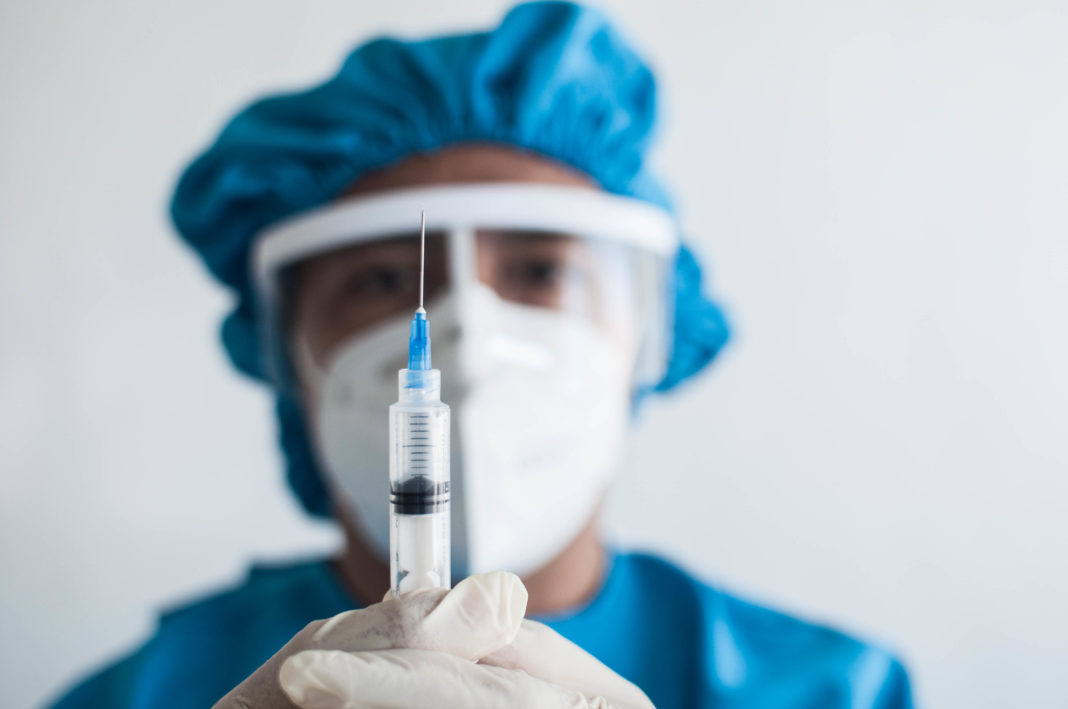Thermo Fisher Scientific will spend more than $600 million in capital investments to expand its bioprocessing production capabilities through 2022, according to the company. These investments are expected to more than double the company’s current manufacturing capacity and support biopharma customers as they ramp up to meet both the short-term demands related to COVID-19 as well as long-term efforts to develop new vaccines and biologics for other conditions, said Michel Lagarde, executive vice president.
“As the bioprocessing market grows, our customers require a consistent and reliable supply of critical materials. Single-use technologies, cell culture media, and purification resins are among those in highest demand,” he continued. “These investments add significant capacity and regional redundancy to further bolster supply chains and help us better support customers as they accelerate the commercialization of lifesaving therapies and vaccines.”
With these investments, the company expects to create more than 1,500 new jobs across 11 manufacturing sites in the Americas, Europe, and Asia. To increase its supply chain capabilities across multiple locations on three continents, Thermo Fisher’s single-use technologies business is expanding capacity at sites in Logan, UT; Millersburg, PA; Cramlington, U.K.; Singapore; and Suzhou, China. Additional investment at its Santa Clara, CA, site is designed to expand bioprocessing equipment and automation capacity.
The company will also expand its POROS resin manufacturing site in Bedford, MA, and open a new 85,000-square-foot manufacturing facility in Chelmsford, MA. Together, these sites will reinforce Thermo Fisher’s purification network that specializes in the production of process-scale chromatography resins for a variety of applications, including vaccines and gene therapies, pointed out Lagarde.
Investments to expand capacity at sites in Miami; Grand Island, NY; and Inchinnan, Scotland will increase production of Gibco cell culture media, supplements, and process liquids as well as the manufacturing of customer-owned proprietary media formulations, added Lagarde.
It’s not the first time in recent months that Thermo Fisher has acted to expand its global manufacturing footprint. In December 2020, the company announced plans to step up sterile drug product development and commercial manufacturing of therapeutics by expanding sites that included Greenville, NC.; Swindon, UK; and Ferentino and Monza, Italy. Thermo Fisher said it would add 15 development and cGMP commercial production lines, and expand its live virus, aseptic liquid and lyophilized vial filling capabilities over two years, with plans to create approximately 1,000 new jobs.
A month later, Thermo Fisher completed its €725 million ($864 million) acquisition of Belgian viral vector contract manufacturer Henogen from Novasep. The deal added to Thermo Fisher’s capabilities with facilities in Seneffe and Gosselies, plus more than 7,000 square meters (75,347 square feet) of clinical and commercial manufacturing capacity. Henogen has approximately 400 employees and estimated 2020 revenues of €80 million ($95 million).
Thermo Fisher’s wide-ranging efforts directed toward helping customers with COVID-19 production needs have included partnering with Humanigen on expand the manufacturing capacity of its COVID-19 candidate lenzilumab, an engineered (Humaneered®) anti-human granulocyte macrophage-colony stimulating factor (GM-CSF) monoclonal antibody designed to prevent and treat cytokine storm. Thermo Fisher has also partnered with Inovio to provide manufacturing for its DNA vaccine candidate protecting against SARS-CoV-2, INO-4800.
Much of Thermo Fisher’s COVID-19 efforts have gone into testing, with the company stating that it is the largest single-source supplier—instruments, test kits, and reagents—for COVID-19 testing needs, with involvement in more than half of worldwide testing.



